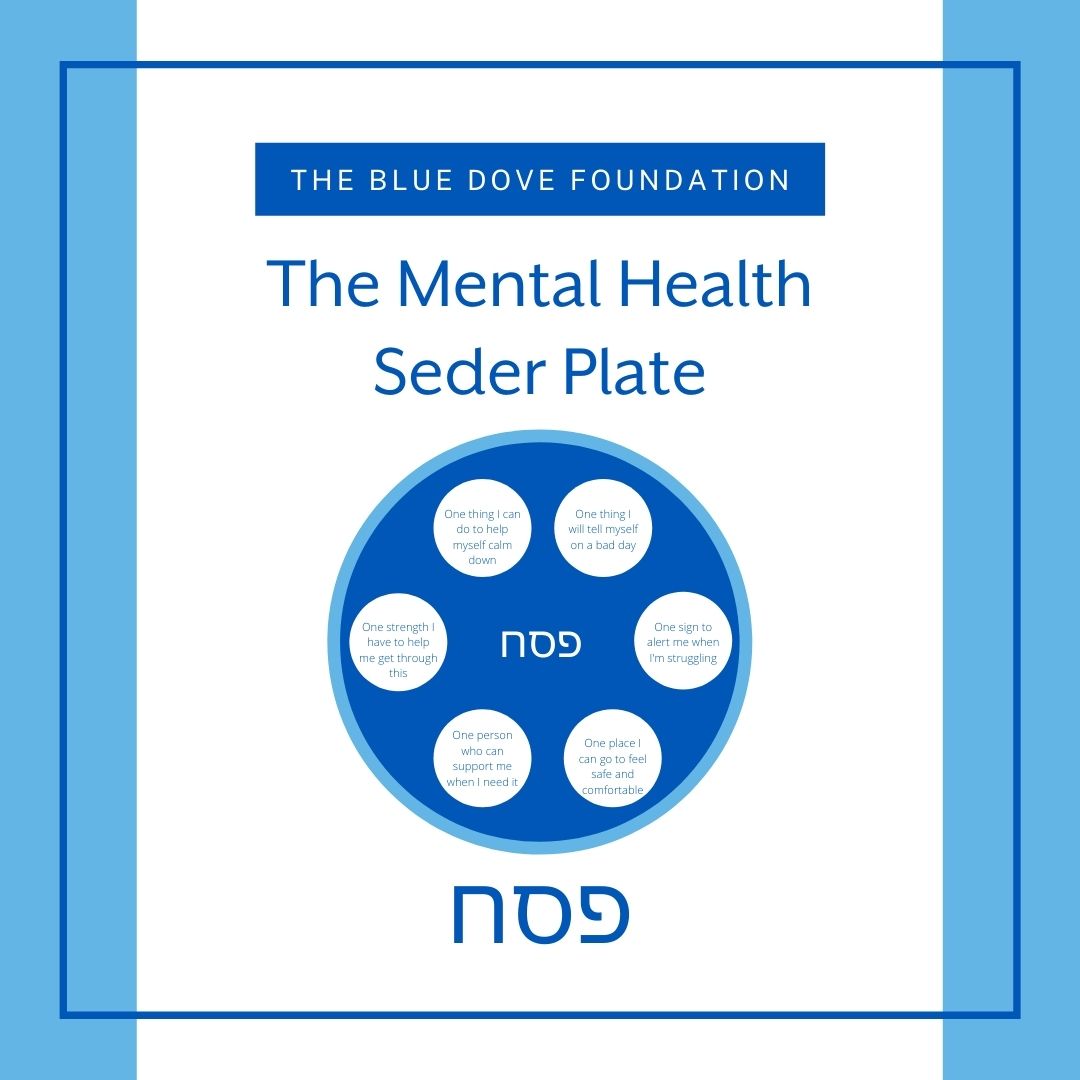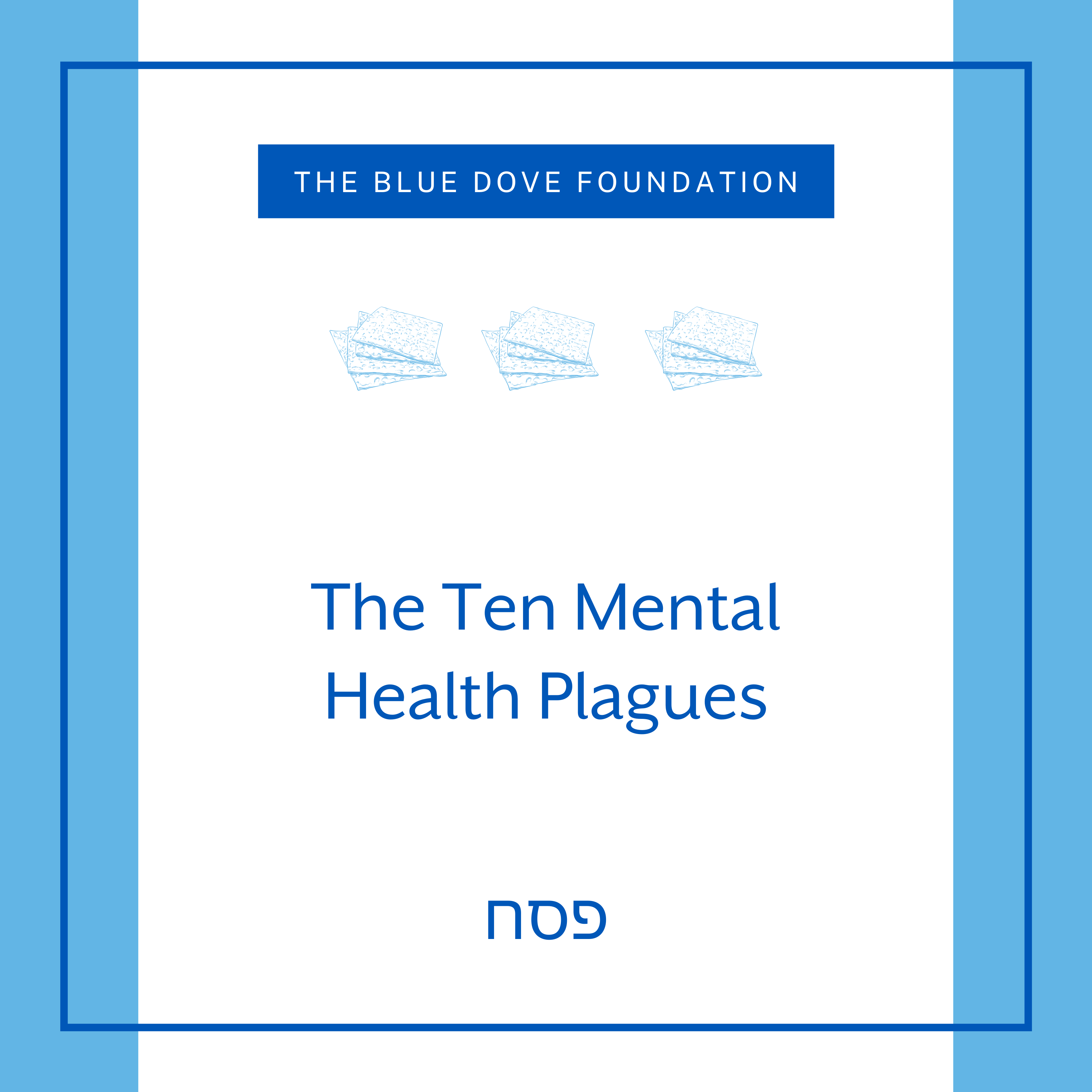“Dayenu” means “it would have been enough,” and in the song we express gratitude for everything God did for us as we escaped Egypt. Gratitude is not something that comes naturally to everyone, and it is good for our mental well-being to call attention to the things in our lives that we are grateful for regularly.







